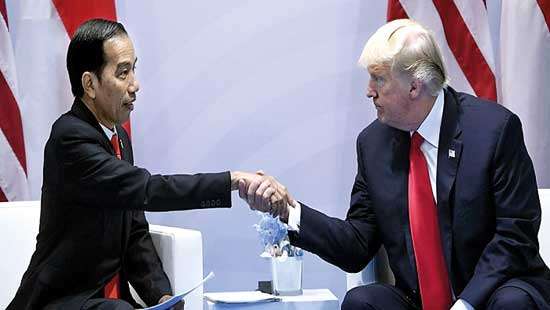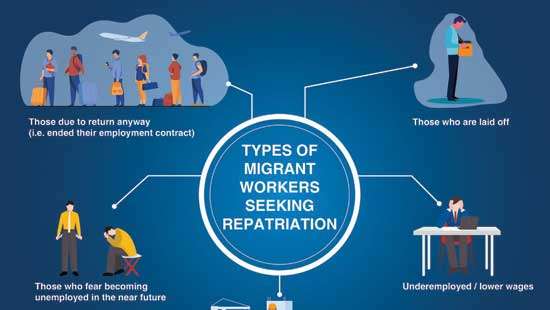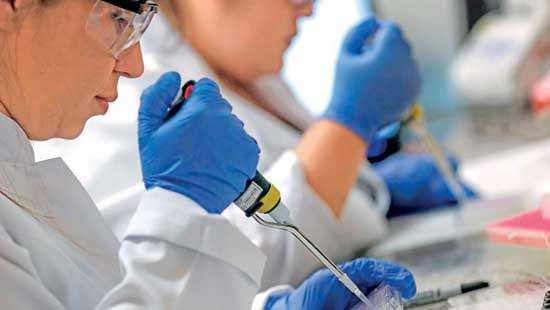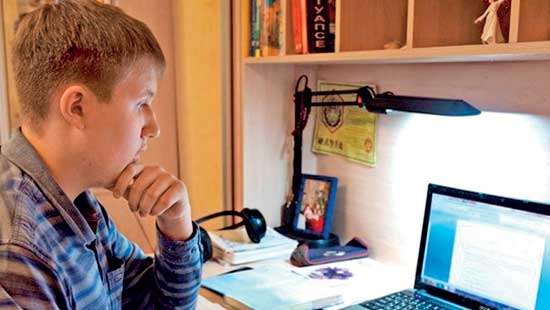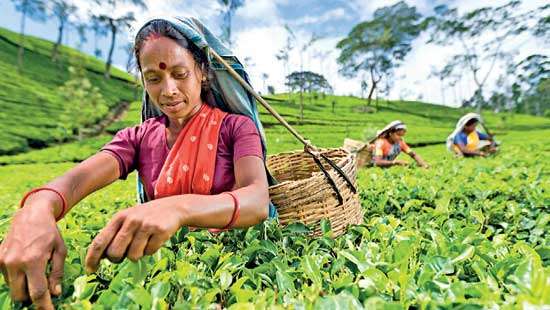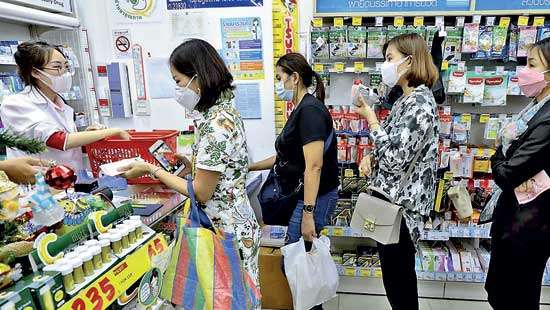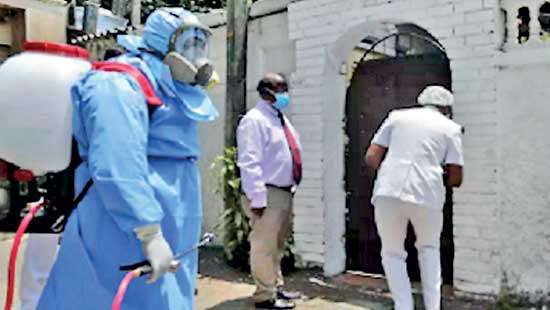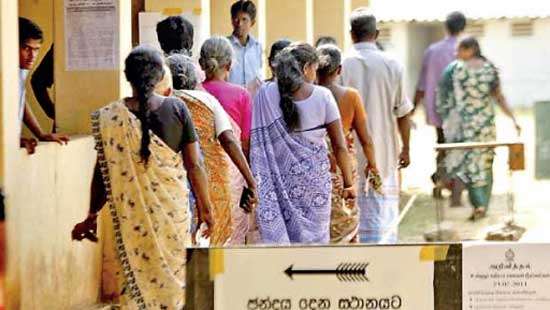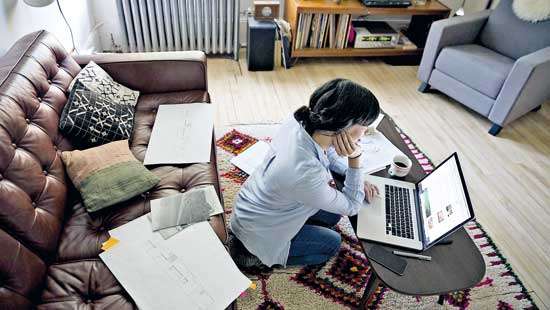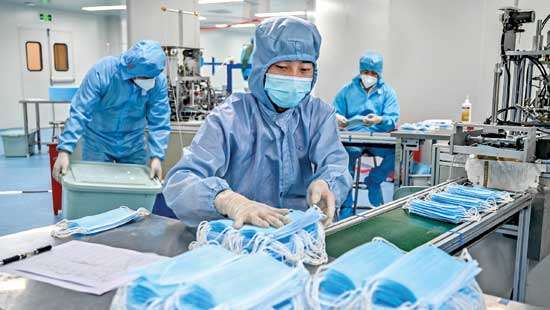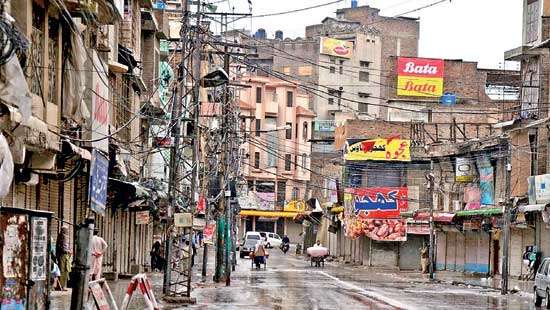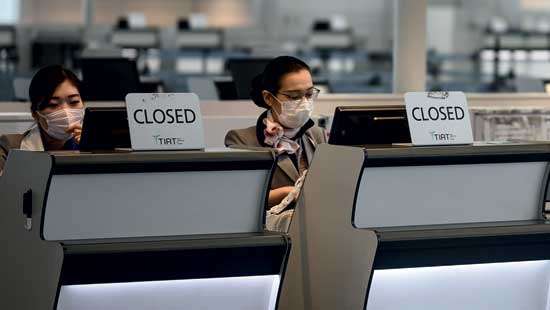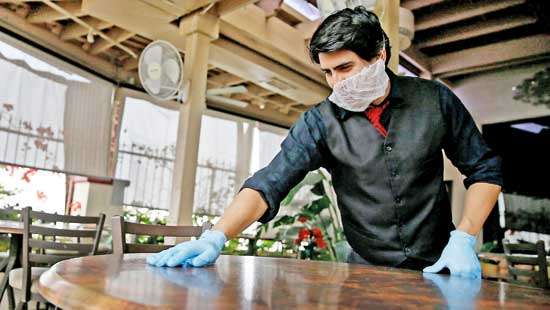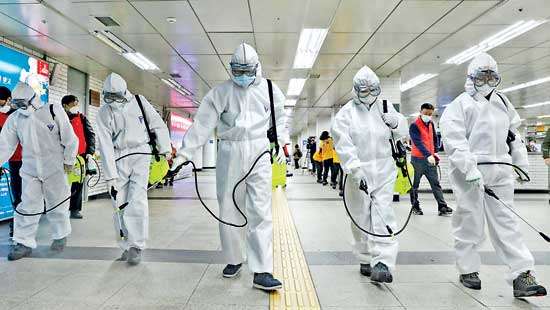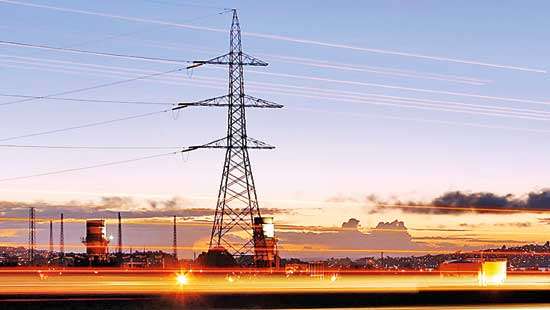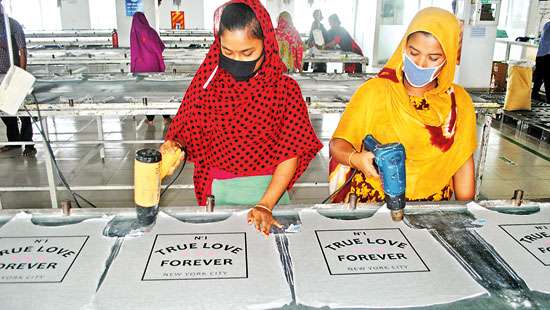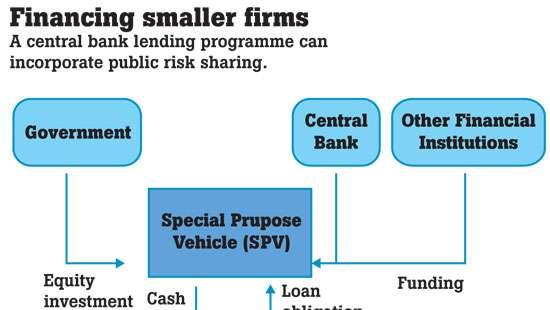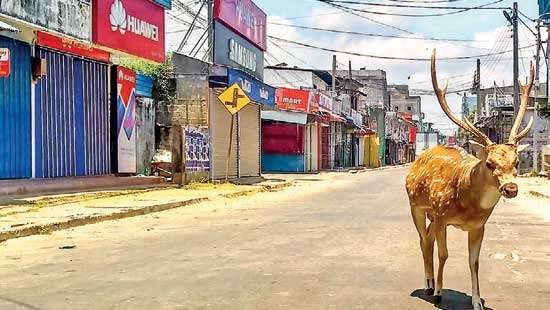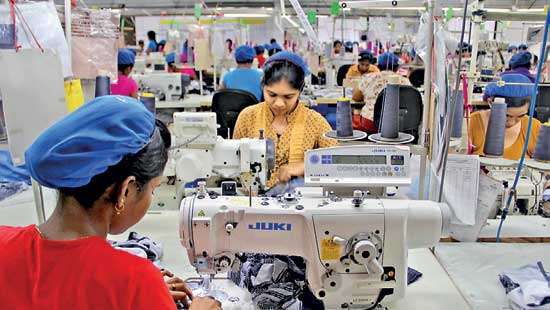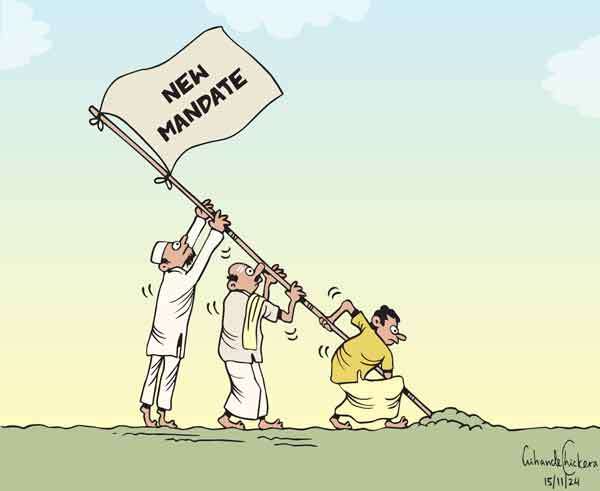Features
Repatriation and replacement of lost foreign jobs: Handling labour migration in Sri Lanka during COVID-19
14 May 2020
 0
0
Sri Lanka, which has been sending workers abroad for employment for decades, is now faced with the formidable challenge of repatriating large numbers of migrant workers affected by COVID-19.
Business cannot wait until vaccine found
14 May 2020
 0
0
World leaders wanting to end the lockdown and allow their people to move about and contribute to the national economy because many are drowning in bills as they remain shut due to the COVID-19 lockdown, will have to monitor closely for new infections and adjust the health controls they have in place until there is a proper vaccine for COVID-19.
Rebooting economy during COVID-19
13 May 2020
 0
0
Economies across Asia and the Pacific—like in much of the world—have been hit hard by the coronavirus outbreak. To slow the spread of the virus, many governments have chosen to impose lockdowns and travel bans. While vital, these measures have also had severe economic impact. The Asian Development Bank estimates that Asia is likely to lose 68 million jobs, if the pandemic goes on until September.
Brewing up change under COVID-19: Transforming how tea is bought and sold in Sri Lanka
13 May 2020
 0
0
Picking, sorting, processing and grading tea leaves make up the fabric of life in Sri Lanka. And ensuring that people around the globe get their daily cups of chai, Earl Grey, English Breakfast or Orange Pekoe, is crucial to the local economy and jobs.
Recommendations for ‘virtual work life’
13 May 2020
 0
0
I recently attended a large virtual meeting. The topic was timely but several things went wrong: the host joined late, we were entertained by background ‘home’ noises, people interrupted each other, the chat feature wasn’t used and the host left the meeting before us!
What APAC companies need to do to drive region into new ‘Asian age’
13 May 2020
 0
0
Asia’s economy dominated until the 19th century, before being knocked off its pedestal by Europe and then the US. Since then, while the region has grown to become home to more than half the world’s population and soon half of the world’s middle class, it has not yet retaken this financial crown.
COVID-19 impact on economy and possible opportunities
12 May 2020
 0
0
One of the biggest challenges seen due to the coronavirus outbreak is the socio-economic downfall with over 200,000 deaths around the world without any cure at the moment (by end April 2020) (Source: World Health Organization – WHO).
COVID-19 urgently needs global response
12 May 2020
 0
0
People all over the world are increasingly standing in solidarity with one another to beat the virus. The COVID-19 pandemic will inevitably wreak its worst on the people, communities, and countries that are least able to withstand the shock or to provide a defence against it.
Oil palm industry – Not understood and utilised to potential
11 May 2020
 1
1
Consequence to COVID-19, Sri Lanka is now compelled to ban imports, restrict imports or increase import taxes to manage its valuable foreign exchange reserves. Though such short-term actions are timely and inevitable to face a crisis situation, they would invariably cause hardships to consumers, industrialists and eventually to the public.
What’s next for supply chains scrambled by the pandemic?
06 May 2020
 0
0
The emergency created by COVID-19 has stimulated innovation, creativity and novel ways of structuring tasks, organisations and systems. In the midst of this worldwide crisis, it is hard to assess what temporary measures will become more permanent - or will morph into something else.
Redefining e-commerce in Sri Lanka: Prospects post COVID-19
04 May 2020
 0
0
The COVID-19 global pandemic is likely the defining event of the decade, if not more and its implications are expected to change the way we work, socialise and behave. Rapidly evolving consumer buying behaviour and the pivot to online shopping is one such outcome of the pandemic and its associated social distancing measures.
Automated Machine Learning to reach higher penetration with the turn of new decade
30 Apr 2020
 0
0
Before any business can make a crucial step forward in the transformation of their digital efforts, a paramount importance is placed on understanding and deriving even more insight from data than ever before.
Restaurants, cafes, eateries, pubs and recreational clubs – Potential strategies and focus areas
30 Apr 2020
 0
0
At the time of writing this article, we have completed 5 weeks of curfew and lockdown in Sri Lanka due to the Covid-19 pandemic. The overall economy has been impacted due to this pandemic with small businesses being hit the most.
Smoking in time of corona: Why limiting smoking important in battle against COVID-19
29 Apr 2020
 0
0
The COVID-19 pandemic has already claimed thousands of lives worldwide. As expected with any respiratory illness, there is clear evidence that smokers are much more vulnerable to COVID-19 than non-smokers.
Women entrepreneurs give back more to society
28 Apr 2020
 0
0
Educating girls is very important for a prosperous world. It has a snowballing effect as according to USAID, educated women are twice as likely to send their children to school. This increases the chances of girls being educated in future as well.
Foreign investment drying up thanks to COVID-19; But there may be a silver lining
28 Apr 2020
 0
0
Just over a year ago, InvestChile – the South American country’s Foreign Direct Investment Promotion Agency – welcomed 300 foreign investors of 21 nationalities in Santiago. In a two-day event, they attended plenaries, workshops and over 200 meetings including with the president, advancing over US$ 7 billion in potential projects.
Bangladesh’s garment industry unravelling
27 Apr 2020
 1
1
Seven years ago, one of the worst industrial disasters in history — the collapse of an eight-story commercial building in Rana Plaza, Dhaka — demonstrated to the world the heavy price of producing cheap clothing to fuel the ‘fast fashion’ industry for consumers in the global North.
A post-coronavirus recovery in Asia – Extending a “whatever it takes” lifeline to small businesses
27 Apr 2020
 0
0
Asia was hit hard by the first wave of the coronavirus, as the sudden stop in activity struck households and firms simultaneously—first in China, then elsewhere in Asia and now globally. Policymakers responded swiftly with aggressive spending to support the medical response and vulnerable households and firms. And central banks took swift actions to expand liquidity.
Cyber distancing – The new norm in secure distance learning
27 Apr 2020
 0
0
Over the past few months, educational institutions around the world – from elementary schools to colleges and universities – have been forced to embrace distance learning. It’s now estimated that 70 percent of students are currently doing some form of online education.

Fonterra to proceed with sale process for Consumer businesses
24 Apr 2020
 0
0

BOI signs US$ 12.16mn deal with Celogen Lanka
24 Apr 2020
 0
0

Nissan to lay off thousands of workers as sales drop
24 Apr 2020
 0
0

EU Ambassador meets new BOI Chief to discuss economic ties
24 Apr 2020
 0
0

SLCERT warns WhatsApp users against sharing OTPs to prevent hacking
24 Apr 2020
 0
0

NPP heading for clear parliamentary majority
24 Apr 2020
 0
0

Police officer, two election officials die while on duty on election day
24 Apr 2020
 0
0


